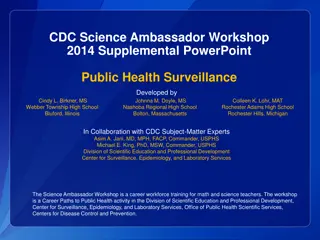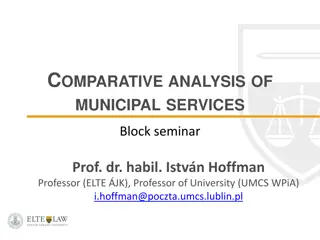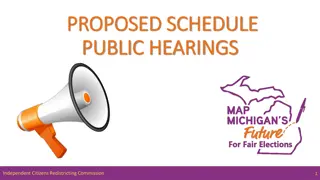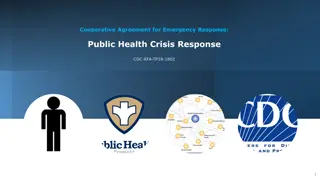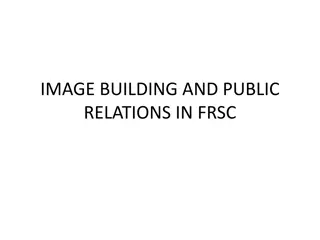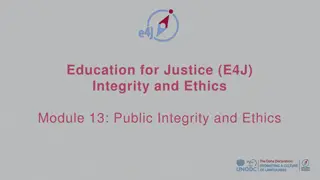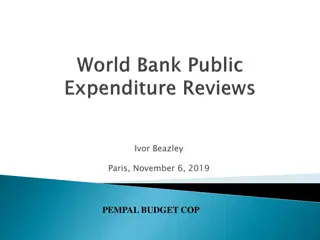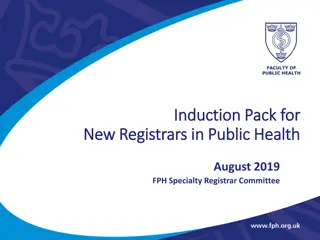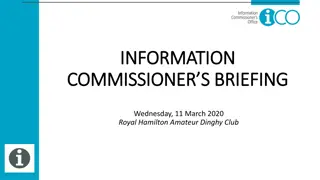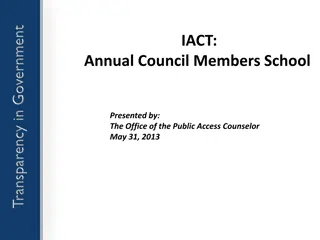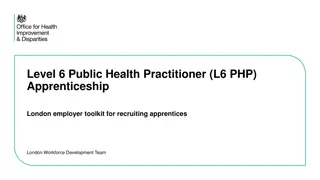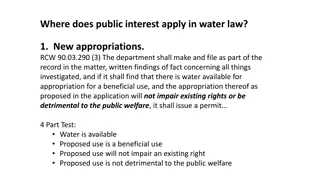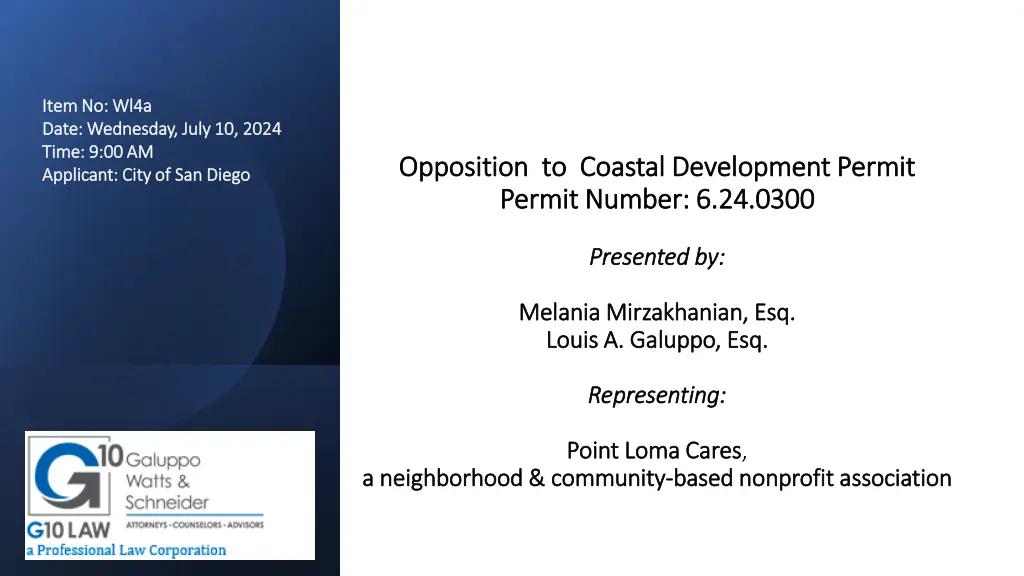
Environmental Concerns in Coastal Development Permit Opposition
Discover the challenges faced by Point Loma Cares in opposing a coastal development permit by the City of San Diego. Issues such as lack of evidence, water quality concerns, noise pollution, health and safety risks, and impacts on vulnerable populations are highlighted in this detailed analysis.
Download Presentation

Please find below an Image/Link to download the presentation.
The content on the website is provided AS IS for your information and personal use only. It may not be sold, licensed, or shared on other websites without obtaining consent from the author. If you encounter any issues during the download, it is possible that the publisher has removed the file from their server.
You are allowed to download the files provided on this website for personal or commercial use, subject to the condition that they are used lawfully. All files are the property of their respective owners.
The content on the website is provided AS IS for your information and personal use only. It may not be sold, licensed, or shared on other websites without obtaining consent from the author.
E N D
Presentation Transcript
Item No: Wl4a Item No: Wl4a Date: Wednesday, July 10, 2024 Date: Wednesday, July 10, 2024 Time: 9:00 AM Time: 9:00 AM Applicant: City of San Diego Applicant: City of San Diego Opposition to Coastal Development Permit Opposition to Coastal Development Permit Permit Number: 6.24.0300 Permit Number: 6.24.0300 Presented by: Presented by: Melania Mirzakhanian, Esq. Melania Mirzakhanian, Esq. Louis A. Louis A. Galuppo Galuppo, Esq. , Esq. Representing: Representing: Point Loma Cares Point Loma Cares, a neighborhood & community a neighborhood & community- -based nonprofit association based nonprofit association
Commendation Commendation We commend the Applicant for its efforts to address the city s homelessness crisis Substantial Issue Substantial Issue Lack of Supporting Evidence Lack of Supporting Evidence The application and staff report are missing pertinent and required reports and analysis. The project site poses significant risks that outweigh the potential benefits.
Water Quality Concerns Water Quality Concerns Missing Hydrology Report: No comprehensive hydrology report provided as required by Section 30231 of the California Coastal Act. Stormwater Runoff: Increased vehicle presence raises concerns about pollutants (heavy metals, hydrocarbons) in stormwater runoff.
Environmental Justice: Environmental Justice: Noise Pollution Noise Pollution Proximity to Airport: The site is within mile of San Diego International Airport Noise Levels: Exterior noise levels exceed Airport Land Use Compatibility Plan (ALUCP) requirements Phase 1 Inadequacies: Offers no protection from noise
Environmental Justice: Health and Safety Risks ALUCP Requirements: Land uses around airports must protect health and safety. The proposed use is inconsistent with these guidelines, posing significant public health risks California Health and Safety Code 46000: Excessive noise is a serious hazard to public health and welfare. The project does not adequately address noise concerns
Environmental Justice: Environmental Justice: Impact on Vulnerable Populations Impact on Vulnerable Populations Shelter Strategy: Significant portion of population includes seniors and children. Prohibited Uses: Hospitals, continuing care retirement communities, K-12 schools, and childcare centers are prohibited due to noise exposure. Duty of Care: Housing vulnerable populations in this environment is a dereliction of duty.
Environmental Justice: Racial Disparities and Health Issues Racial Disparities: Black individuals make up 21% of the unsheltered population vs. 5.5% of the general population. Health Issues: 31% with substance use disorders 37% with behavioral health issues 35% needing acute medical respite 58% with disabilities
Crisis v. Emergency Homelessness Issue: While homelessness remains a critical issue, it is not designated as an emergency. California Government Code Section 8630: A state of emergency must be reviewed and renewed every 60 days.
Our Request to the California Coastal Commission Deny the application for Phase 2 of the permit application. Remand Phase 1 of the permit to Applicant to provide pertinent reports and analysis (e.g., water quality, air quality mitigation, noise mitigation, up- to-date CEQA).




